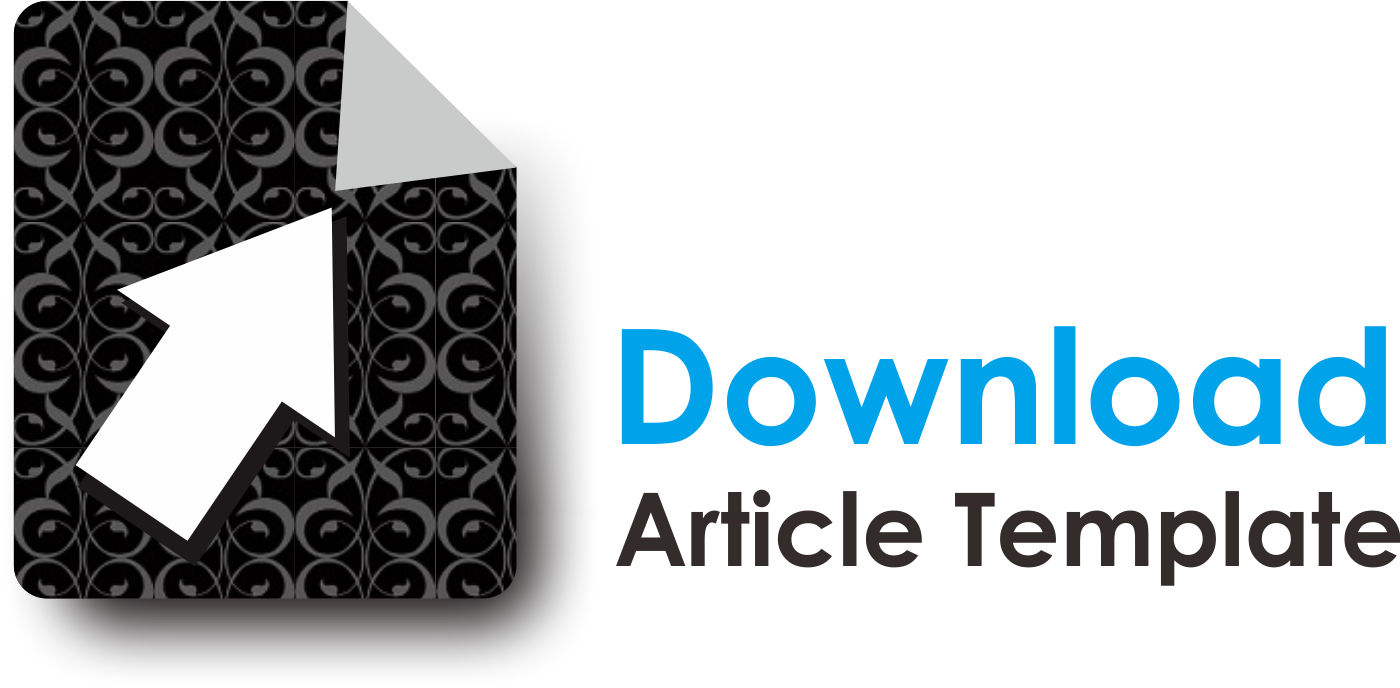Al-Asalib Al-Ma‘Aniyyah fi Kitab “Nawabigh Al-Kalim” li Az-Zamakhsyari
Abstract
يعد كتاب «نوابغ الكلم» لمؤلفه الشيخ أبي القاسم محمود بن محمد بن عمر الزمخشري الخوارزمي العباسي من الكنوز الأدبية، وقد جمع بدائع القول من آدابه الشخصية الحكمية المستمدة من الكتاب والسنة. وهناك شروح سبقت هذا البحث في شرح غرائب ألفاظ الكتاب، والحقيقة أن الشرح اللغوي وحده لا يكفي لإظهار قيمة الكتاب. ولهذا يرصد البحث لدراسة بلاغية معانية لهذا الكتاب للوقوف على مقدرة الشيخ في رسم المشاهد المختلفة بالتعبير الجميل المحلى بالفنون البلاغية. وقد صال البحث وجال في معالجة الموضوع على منهج الاسترداد التاريخي لإثبات الحقائق التاريخية، والمنهج الاستقرائي التام لحصر جميع جزئيات مسألة الموضوع البلاغية، ومنهج التحليل الوصفي للنماذج التأصيلية من الكتاب المدروس. وفي ضوء هذه المعطيات نتساءل: هل للشيخ الزمخشري إسهام ملموس وأثر محمود في الأعمال التطبيقية البلاغية التي تنم عن مكانته الرفيعة وعبقريته الفذة في تطوير فن الأدب الشخصي الذي يعتبر جزءا من الحكم. ومن أهم نتائج البحث، تطعيم المؤلف كتابه بالظواهر المعانية، والميل الشديد إلى التوظيف البلاغي للسجع بأنواعه. وأوصي الباحثين توسيع الدراسة البلاغية لهذا الكتاب من الجانب البياني والبديعي.
The book “Nawabigh al-Kalim” is one of the literary works on personal ethics from the Qur’an and Sunnah. The issue of this book is on its place and importance among the writers and critics, and the turnout of educational institutions to prepare it within the courses, which increased its value. There had been preliminary study on the strangeness of the words of the book, and the fact that linguistic explanation alone is not enough to show its value. This is why the study is devoted to examining hostile rhetoric in this book to find out the ability of the Sheikh to draw different scenes with the beautiful local expression of rhetorical art. The research adopted the method of historical retrieval to prove the historical facts, and the inductive method to fully enumerate all the elements of rhetorical issues. While, the descriptive analysis method was used to identify its original models. Among the most important results of the research are, the author emphasizes on the phenomenon of suffering and the strong tendency to the recruitment of rhetorical types of grazing. The authors recommended the expansion of the rhetorical study of this book from the graphic and visual side.
Keywords
Full Text:
PDFReferences
Abu Musa, M. (1984). Al-Ijaz al-Balaghi li Turats Ahli al-‘Ilm (Jilid 1). Cairo: Maktabah Wahbah.
Agaka, A. al-B., Syu‘aib. (2000). Asalib Balaghiyyah fi Diwan al-Ustadz Abdullah.
Ali al-Jarim, & Akharun. (n.d.). Al-Balaghah al-Wadhihah. Beirut, Lebanon: Dar al-Fikr.
Al-Bustanai, K., & Akharun. (1998). Al-Munjid fi al-Lughah wa al-A‘lam (Edisi ke-28). Beirut, Lebanon: Dar al-Masyriq.
Adz-Dzhabai, M. H. (1956). At-Tafsir wa al-Mufassirun (Jilid 6). Cairo: Maktabah Wahbah.
Faudi. (n.d.). Dirasah wa Tahlil (Jilid 1). Ilorin, Nigeria: Markaz Nasyr al-Makhthuthat al-‘Arabiyyah.
Al-Hamawi, Y. (n.d.). Mu‘jam al-Udaba’ (Jilid 19). Dar al-Maimun.
Al-Hasyimi, A. (2000). Jawahir al-Balaghah (Cetakan ke-2). Beirut, Lebanon: Dar al-Fikr.
Hilal, A. al-G. (1991). Manahij al-Bahts fi al-Lughah wa al-Mu‘jam (Cetakan ke-1). Mesir: Mathbaah al-Jilani.
Ibn Khulkan. (n.d.). Wafayat al-A‘yan (Jilid 2). Beirut, Lebanon: Dar ats-Tsaqafah al-Maimanah.
Al-Maraghi, A. (1986). ‘Ulum al-Balaghah (Cetakan ke-2). Beirut, Lebanon: Dar al-Kutub al-‘Ilmiyyah.
An-Najdi, A. N. (n.d.). Tarikh an-Nahw. Cairo: Dar al-Ma‘arif.
Al-Qali, I. bin al-Q. (1926). Dzail al-Amali wa an-Nawadir. Cairo: Dar al-Kutub al-Mishriyyah.
Suyuthi, J. (n.d.). Thabaqat al-Mufassirin. Cairo: Mathbaah as-Sa‘adah.
Syu‘bah at-Tarikh. (1968). Tarikh al-Madaniyyat al-Islamiyyah. al-Kharthoum: Ma‘had at-Tarbiyyah bi Bukht ar-Ridha, Maktabah an-Nasyr.
Yaqub, A. (2001). Ilorin Journal of the Humanities, 3(4).
Az-Zamakhsyari, M. bin U. (2000). Asas al-Balaghah. Beirut, Lebanon: Dar al-Fikr.
Az-Zamakhsyari, M. bin U. (n.d.). Nawabigh al-Kalim (Jilid 1). Cairo: Maktabah wa Mathba‘ah al-Masyhad al-Husaini.
DOI: https://doi.org/10.18860/el.v21i1.6559
Editorial Office: Universitas Islam Negeri Maulana Malik Ibrahim Malang This work is licensed under a CC-BY-NC-SA. | Phone: +6282333435641 |




